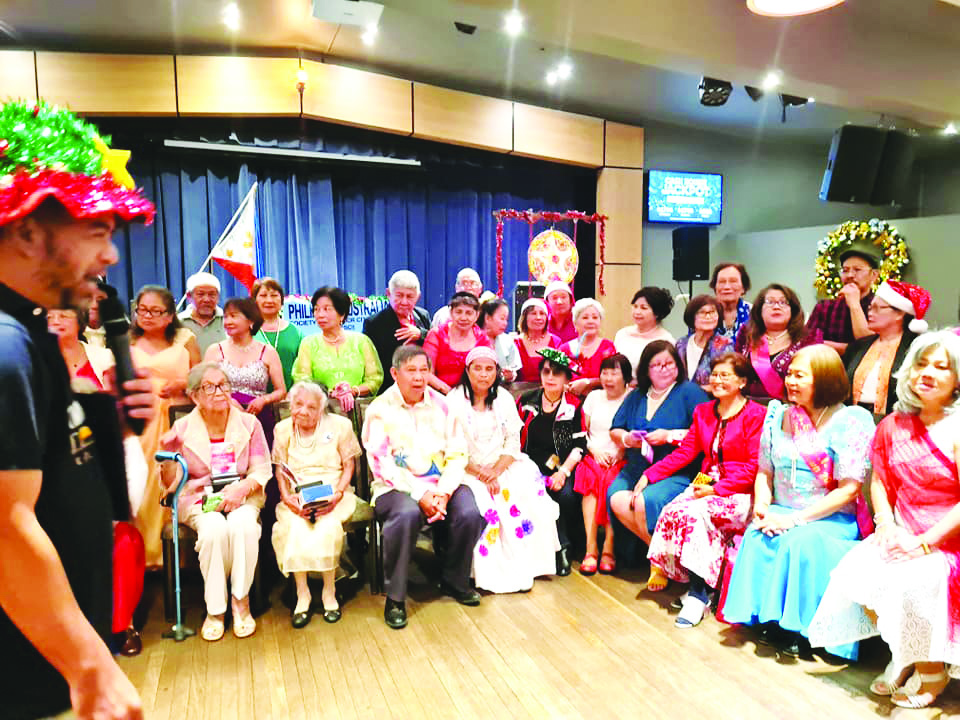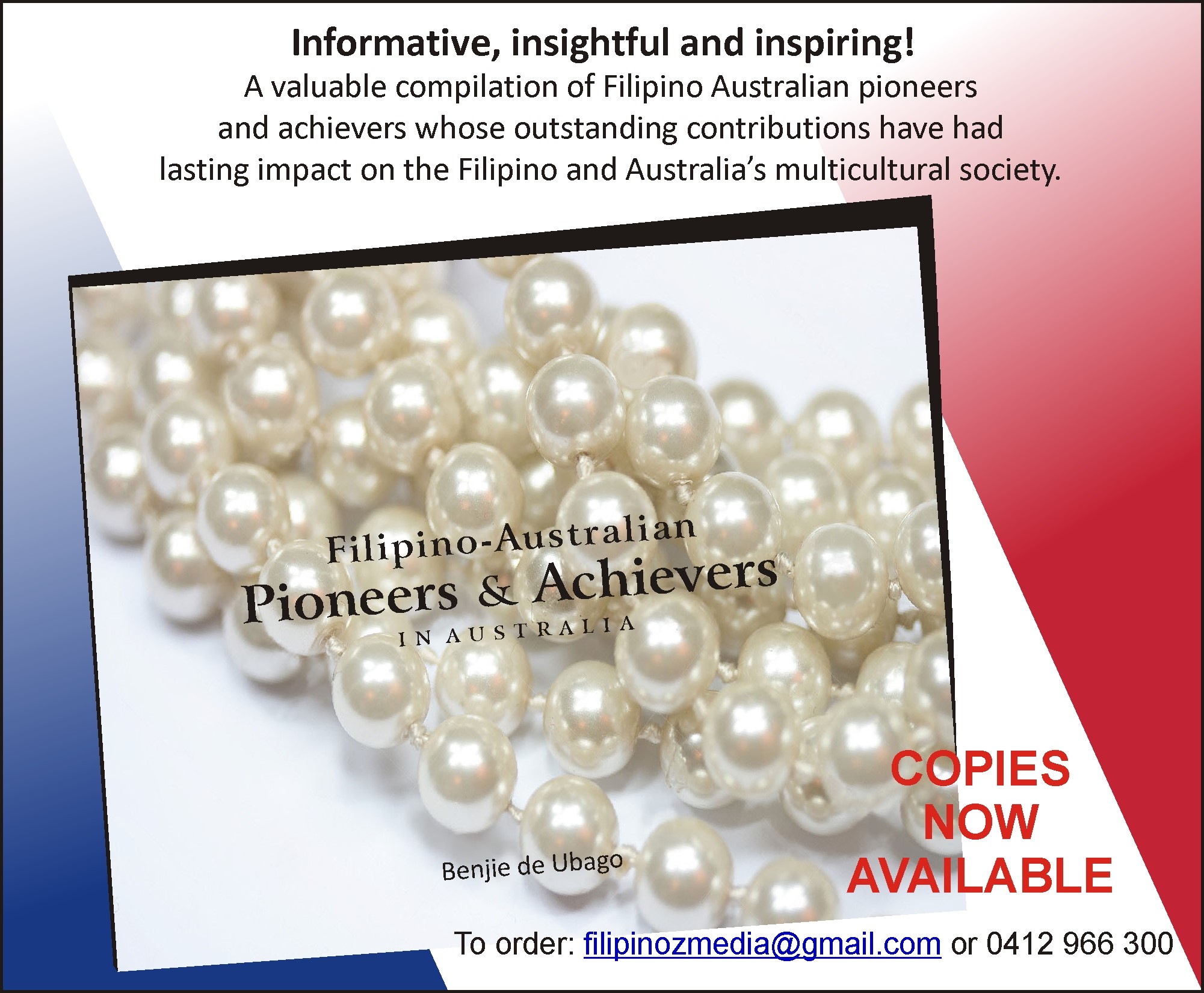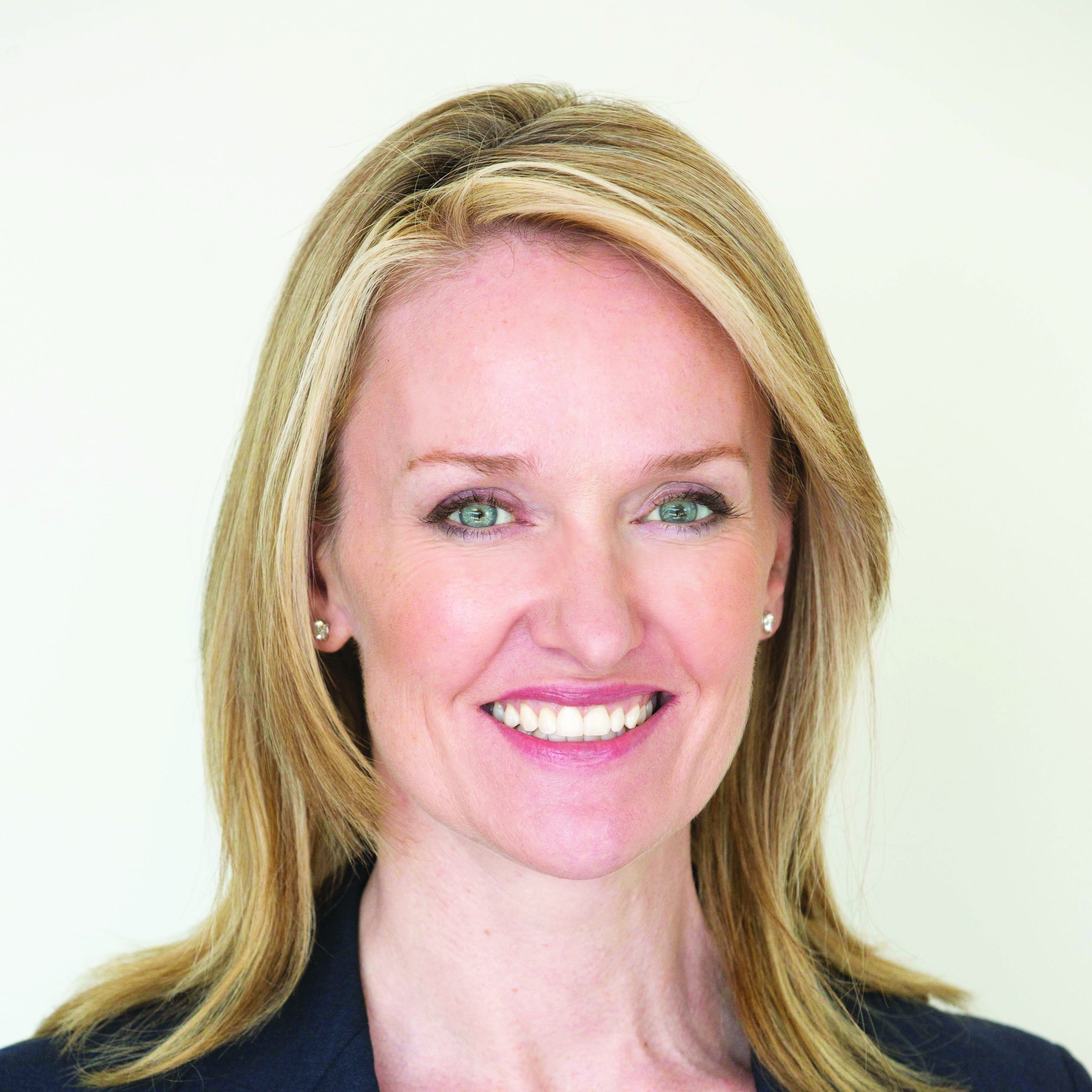Will a Mark II Australian Coalition government make way to more political influence for the country’s migrant and multicultural sector? Will the change in “ideology” insofar as multiculturalism set by former Prime Minister Tony Abbott three years ago persists or seek a new face under a Coalition government to be led into Federal election for the first time by Prime Minister Malcolm Turbull.
A fortnight before he was replaced as Australian Prime Minister last year, Mr Tony Abbott indicated a shift in policy towards embracing Multiculturalism , opening the doors of his prime ministerial residence in Kirribilli, NSW Monday 31 August last year for an endearing afternoon tea with members of Sydney’s multicultural press.
There were ominous and characteristic parallelism of reaching out for multicultural voters before the demise from power by former prime ministers Julia Gillard, Kevin Rudd and NSW Premier Kristina Kennelly. It then showed that multicultural voters might have saved them from their fall, but in every case, it did not.
It should be remembered the then newly elected Coalition government three years ago redefined the government’s multicultural priorities highlighting the issue of border security.
When its actual date finally called, the next Australian federal election will follow the dissolution or expiry of the 44th Parliament of 150 seats. The election of the new members of the 45th Parliament of Australia would follow, with 76 needed for a majority, 40 to 76 seats in Australian Senate.
Malcolm Turnbull representing Wenthworth of NSW as leader of the Liberal/National coalition since 14 September 2015 against Bill Shorten, the Labor leader of the opposition since October 2013, representing Maribynong in Victoria.
Despite Mr. Turnbull’s admission that because of cultural tolerance and a strong multicultural society existing in the country, the many issues affecting the ethnic communities in Australia have never been given an impetus by both sides of politics at this early.
In recent pronouncement, Mr.Turnbull also believes that Australia has an edge over other countries like those in Europe because of the ‘strength of the country’s intelligence and security agencies that provide security to the country, hence no multicultural issues seems important to be given attention as yet.
But one question that concerns the migrant population is on whether the coalition party can achieve majority as it decides on whether to call for double dissolution of the Australian Parliament.
As it is, there is little debate close to election about multicultural issues. Professor of Sociology of the University of Technology in Sydney, Andrew Jakubowicz in the past observed that: “Even with the intergenerational report with significant social challenges in almost every part of the whole of life cycle that people face, multicultural issues are not on the agenda and I think that’s primarily because the Labor Party is absolutely quiet on it.’
He added that this is so because the Labor Party is not into multicultural issues being debated. Even the Greens with known policy in this area, are not taking it up to the government either.
Mr. Peter Doukas, Chairman of the Ethnic Communities Council of NSW noted that neither of the major parties have given multiculturalism much attention during this period of news of possible federal election.
Whichever party wins in the forthcoming election, however, Mr. Doukas is concerned how member communities are continuedly integrated in the Australian society, in particularly the ethnic youth to be made feel being Australians.
During the short period of the Abbot leadership, the Australian Multicultural Council was reappointed and strengthened focusing on social cohesion and productive diversity. There was also a range of new measures adopted to communicate better with the ethnic community, in particular with the Muslim community leadership, on how to stop the radicalisation of Muslim youth.
Australian media reported that when Tony Abbott was replaced by Malcolm Turnbull as Prime Minister in September 2015, a leaked government document in February 2016 indicated that the Turnbull government may consider toughening Australia’s humanitarian resettlement program, including increasing the screening and monitoring of refugees and making it harder to obtain permanent residency and citizenship.
It was reported further that the changes may be introduced because ‘it has been established that there are links between recent onshore terrorist attacks and the humanitarian intake’.
It also singled out the Lebanese community as the ‘most prominent ethnic group amongst Australian Sunni extremists’. The leak drew a swift reaction from ethnic communities and the Labor opposition.
The Immigration Minister Peter Dutton went into damage control and reassured the public that ‘As far as future policies are concerned I can assure you that in terms of people’s rights there is only one class of citizens in Australia.
All citizens have the same rights but they also have the same obligations and one of those obligations is obviously to obey the law. That applies whether you were born here or whether you took out your citizenship last week.’
As of this writing, no new multicultural policy statement has been issued by the Turnbull government affecting multiculturalism which covers a multifaceted issues on social cohesion, education, inter-ethnic marriage as measures of dissolution of social and cultural barriers, economic, civic, and political participation, geographical isolation, feeling of injustice, radicalisation, racism and racial discrimination.
Australian multiculturalism Dr. Seweryn Antoni ‘Sev’ Ozdowsk, an Australian human rights advocate and social researcher and known for his defence of human rights of refugees, especially child asylum delivered a paper at the Sydney Institute on 9 March 2016 touching on many issues affecting multiculturalism in Australia and asked – success or not?











Leave a Reply